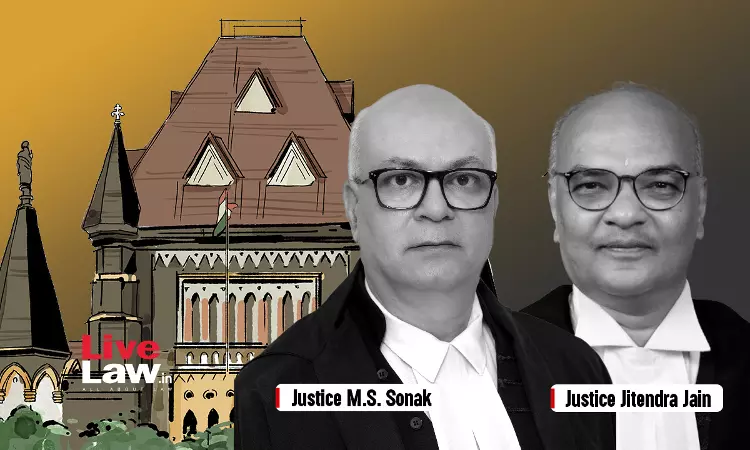- Home
- /
- High Courts
- /
- Bombay High Court
- /
- Citizens Staying Abroad For...
Citizens Staying Abroad For Uncertain Period Fall Under “Persons Resident Outside India" Under FERA: Bombay High Court
Saksham Vaishya
27 Jun 2025 4:37 PM IST
The Bombay High Court has held that when circumstances indicate an Indian citizen intends to stay abroad for an uncertain period, the burden to prove otherwise is on the person whose residence in India is under issue. Dismissing a batch of appeals filed by members of the Shroff family, the Court upheld penalties for violation of FERA provisions related to unauthorized transactions in...
The Bombay High Court has held that when circumstances indicate an Indian citizen intends to stay abroad for an uncertain period, the burden to prove otherwise is on the person whose residence in India is under issue.
Dismissing a batch of appeals filed by members of the Shroff family, the Court upheld penalties for violation of FERA provisions related to unauthorized transactions in Indian company shares. A division bench comprising Justices M.S. Sonak and Jitendra Jain ruled that the appellants had failed to rebut the presumption that they were residents outside India during the relevant period, and held that there was sufficient material to establish their intent to stay abroad indefinitely.
The appeals arose from a common order dated October 30, 2000, passed by the Special Director of Enforcement Directorate (ED), which imposed penalties ranging from ₹8.5 lakhs to ₹41 lakhs on different members of the Shroff family, and the appellate order dated November 18, 2005, passed by the Appellate Tribunal for Foreign Exchange confirming the findings.
The common issue in the appeals was whether the Shroff daughters could be regarded as “person resident in India” as defined under Section 2(p) of the Foreign Exchange Regulation Act, 1973 (FERA). The Special Director, ED, and the Tribunal concurrently held that the Shroff daughters were not “persons resident in India”
Challenging the orders, the appellants argued that they were Indian citizens temporarily in the USA for education or family visits and held only student or tourist visas. They claimed continued Indian tax compliance, maintained accounts, and denied any intent to settle abroad. They also emphasized the absence of any loss of foreign exchange and questioned the proportionality of penalties imposed.
The Court, however, rejected these contentions. Citing circumstances surrounding their stay in the USA, the length of the stay, their marriage to persons settled in the USA, and the lack of details about their return or any proposed return to India, it held that the appellants failed to show they met the criteria under Section 2(p) of FERA, and instead, indicated an intention to stay outside India for an uncertain period. The Court observed:
“… where the circumstances indicated the Shroff daughter's intention to stay outside India for an uncertain period, it was for the Appellants to have produced some proper material based upon which such circumstances could have been explained, and it could have been established that the Shroff daughters had no intention whatsoever to stay outside India for an uncertain period.”
The Court further emphasized that the burden to show valid RBI permissions, if required under FERA, rested on the accused. It also relied on the presumption under Section 59 of FERA regarding culpable mental state.
The argument that Section 114 of the Evidence Act was incorrectly applied was also rejected. The Court held that adverse inferences drawn by the Tribunal were valid, and there was no perversity in the concurrent factual findings.
Case Title: Neha Shroff & Ors. v. Union of India [FERA Appeal Nos. 57–62 of 2006]



